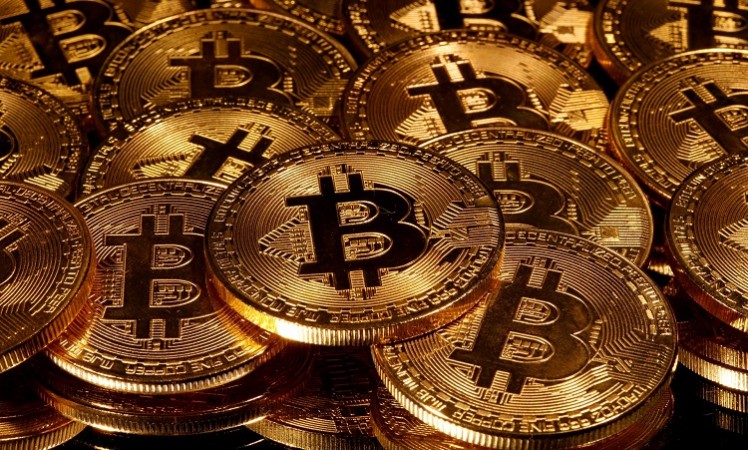
The IMF and Financial Stability Board (FSB) have been requested by India, which is presently in charge of the G20, to work together to create a technical paper on crypto assets that may be used to create a coordinated and all-encompassing policy to govern them.
According to an announcement from the finance ministry, the international organisations plan to present their joint document at the 4th Finance Ministers and Central Bank Governors Conference in October 2023.
The Indian Presidency has proposed a joint technical report by the International Monetary Fund (IMF) and the FSB that would synthesise the macroeconomic and regulatory aspects of crypto-assets in order to supplement the ongoing discussion about the need for a policy framework. This would facilitate the development of a comprehensive and coordinated policy approach to cryptoassets.
The policy questions relating to the macro-financial and regulatory perspectives of crypto assets are expected to be integrated into the IMF's discussion paper, the policy seminar, and the joint IMF-FSB paper as a whole, it said. This is expected to facilitate an international consensus on a well-coordinated and comprehensive policy approach to crypto assets.
Despite the cryptocurrency world's rapid development, there is no elaborate worldwide policy framework for digital currency. Policymakers are requesting stricter regulation due to worries over the increased interconnection between crypto assets and the traditional financial sector as well as the complexity and volatility surrounding crypto assets.
The Financial Action Task Force (FATF), Financial Stability Board (FSB), Committee on Payments and Market Infrastructures (CPMI), International Organization of Securities Commissions (IOSCO), and Basel Committee on Banking Supervision (BCBS), among other international standard-setting organisations, have been coordinating the regulatory agenda while operating within their respective institutional mandates, it said.
The G20 discussion on crypto assets will need to take a data-based and informed approach to the global challenges and opportunities of crypto assets in order for G20 members to create a coordinated and comprehensive policy response, India said, adding that it hopes to expand the discussion beyond financial integrity concerns and capture the macroeconomic implications and widespread adoption of crypto in the economy.
According to the statement, the Indian Presidency asked the IMF to prepare a discussion paper on the subject for the 2nd G20 Finance and Central Bank Deputies Meeting, which will be held in Bengaluru on February 23, 2023, in order to inform policymakers about the broader macroeconomic and financial stability implications of crypto assets.
During the said meeting, a seminar titled "Policy Perspectives: Debating the Road to Policy Consensus on Crypto Assets" was held, as part of the Presidency's efforts to broaden the dialogue around crypto assets," it said.
The discussion paper, which was given at the event by IMF speaker Tommaso Mancini-Griffoli, highlighted the effects of crypto adoption on a nation's economy's internal and external stability as well as the makeup of its financial system.
Mancini-Griffoli emphasised that although some of the alleged advantages of crypto assets have already been realised, such as cheaper and faster cross-border payments, more integrated financial markets, and increased financial inclusion.
He continued by saying that the private sector cannot guarantee issues with interoperability, safety, or efficiency, and that crucial digital infrastructure and platforms for ledgers should be seen as a public good.
Also, he highlighted the need for the G20 to develop a deeper knowledge of the connections between, potential with, and hazards associated with the world of crypto assets.
The discussions included a wide range of subjects, such as the need for a common taxonomy and a systematic classification of the crypto asset universe, the advantages and risks of crypto assets macroeconomic policy questions that needed to be further evaluated, and financial stability issues and regulatory responses.
The statement said that the event has helped initiate a broader dialogue on crypto assets, but also raises several pertinent policy questions that policymakers and regulators need to evaluate closely.
It stated that in addition to assessing how crypto assets would affect the whole economy, there is also an existential question about whether crypto assets are really the best way to address the problems with current international financial systems.